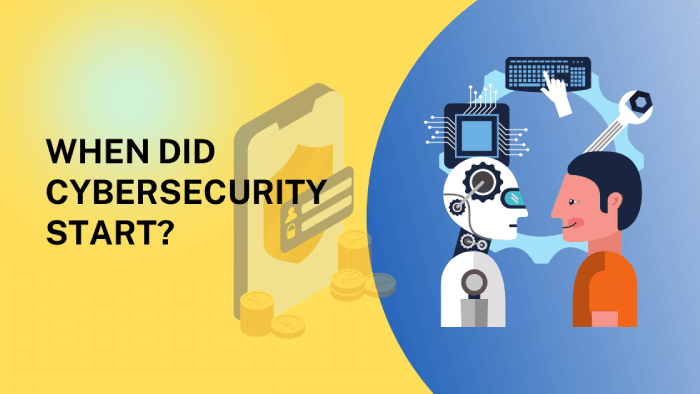Aside from that, the cybersecurity industry offers solutions that shield consumers from exposure to potentially hazardous sources. So, does this imply that automation will eventually supplant cybersecurity professionals in the near-term future?
Is it possible for cyber security to be automated?
The answer is yes and no at the same time. Cyber attacks are growing more numerous and sophisticated with each passing day. It is necessary for cyber analysts to perform tedious and repetitive tasks in order to investigate these risks. Businesses today have the ability to automate lower-level, repeatable operations, which increases their security against hackers while also allowing cyber security personnel to devote their time and resources to more productive problem-solving activities. Security measures of a higher level, on the other hand, will continue to be designed and implemented by human developers and systems designers. One thing is certain: any business that places a high value on its data, devices, and users will need to continue to extend its automated systems in order to keep up with the complexity of today’s security requirements.
What Is Cyber Security Automation and How Does It Work?
Briefly stated, human participation is required for security operation responsibilities…. The automation of these duties is possible, for example, the monitoring of intrusion detection systems to look for potential threats. Despite the fact that security attacks are becoming more sophisticated every day, security teams can traverse through data alerts to identify the numerous obscure hazards that they need to be aware of with the assistance of security software and equipment. The automation of this approach will improve threat intelligence while also saving time.
The Advantages of Automated Cybersecurity Systems
Many professionals in the area believe that cybersecurity automation will provide them with a competitive edge. Take into consideration the following:
Cyber Security Automation Based on Studies
According to studies, younger individuals are increasingly concerned about their job security. Particularly relevant today, when firms are rapidly embracing automation. This includes artificial intelligence and machine learning, which helps to boost their IT security teams. Does this imply that their position is in risk of being taken over by robots? According to a survey by security advisors Exabeam, there is a growing sense of cynicism among younger people about technology. As to whether or not artificial intelligence and machine learning pose a threat to their job security.
